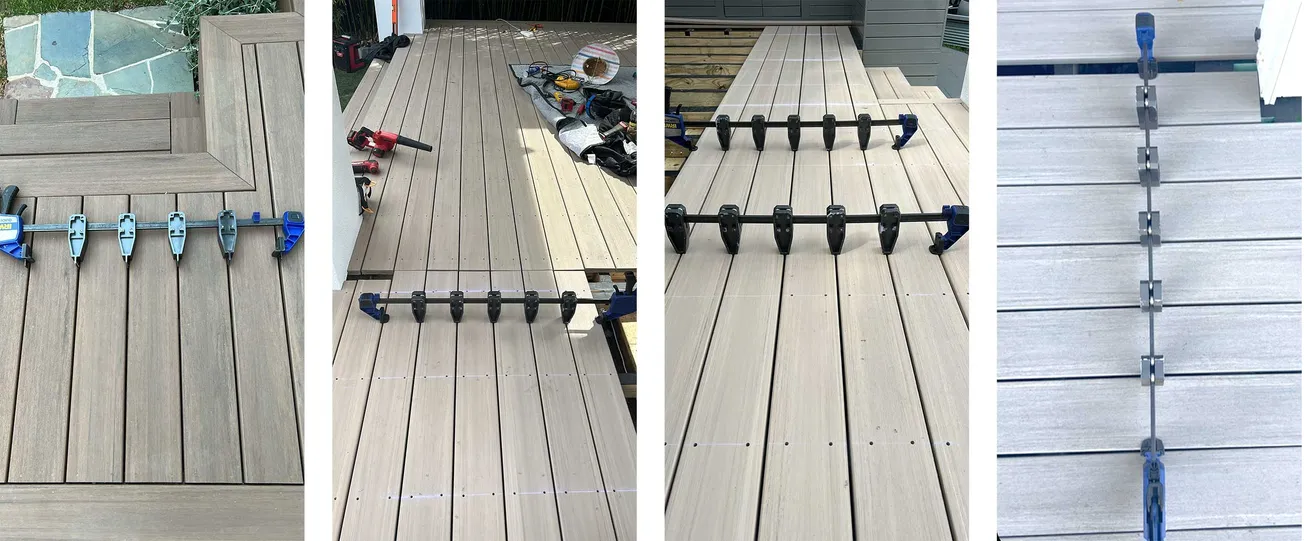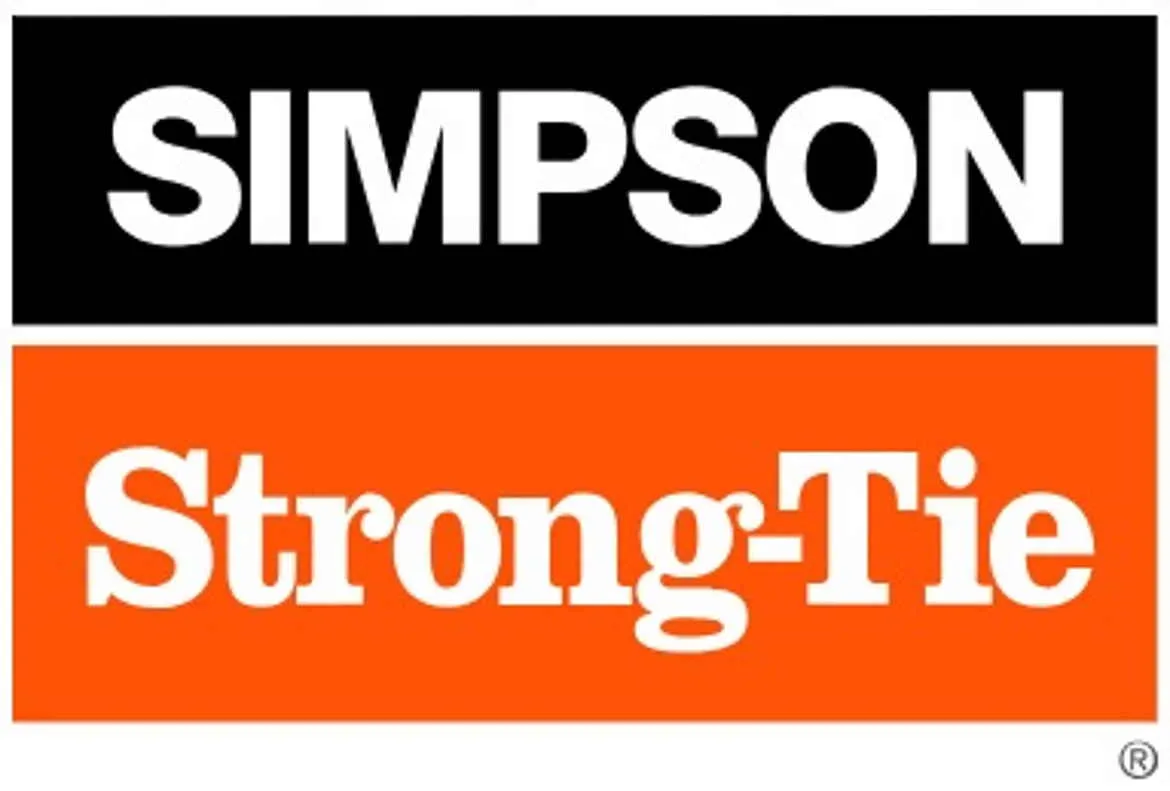Table of Contents
In the span of a few months, the coronavirus crisis has demanded sweeping changes from the U.S. construction industry, and experts say many of them will remain in place even after the outbreak recedes.
1. The use of technology will increase
New technologies are being implemented to keep construction projects moving through the pandemic and beyond. Emphasis on social distancing on jobsites is expected to continue even after the current health threat passes. So, to ensure safety and defend against outbreaks, companies are leaning on tech tools, from the use of drones to monitors that track social distancing — and developers are absorbing the costs of many of these new technologies that enable essential construction work to continue.
The use of drones for site survey and project supervision will increase. Supervisors can use drones to minimize personal interaction during visits to essential construction sites. In general, drone technology is likely to be embraced as a safer and more efficient option going forward.
Contracting company Suffolk has installed infrared cameras on all Southern California job sites to take temperatures quickly and efficiently. “It reduced the time it took to take temperatures and also cut down on the cost of having an onsite technician,” said president Tom Donohue. Suffolk is also adopting Triax monitors, which attach to workers hats and sound an alarm when another worker is within six feet to help workers follow social distancing protocols on jobsites.
2. Union influence will grow
Organized labor has accomplished incredible feats throughout America’s history, but the percentage of construction workers with union membership has steadily declined since World War II, from about 87% of the workforce in 1947 to 12.8% in 2018. Amid the pandemic, however, trade unions have taken on prominent roles in advocating for members’ best interests in keeping sites operational and safe.
Unions have also wielded their influence to keep members on the job. In April, North America’s Building Trade Unions teamed up with the Associated General Contractors of America to ask government officials at all levels to make construction an essential service and exempt it from regional, state and local shutdowns. Unions also help laborers find new work after a layoff.
As the pandemic evolves and new changes and regulatory amendments arise, the need to combat cost-cutting measures and ensure compliance with higher health and safety standards will increase, making labor unions more attractive and more valuable for protecting workers. Mark Erlich, a fellow at Harvard University’s Labor and Worklife Program says that “being a union member has been enormously beneficial” during the pandemic and the “appeal of unions will be stronger than ever going forward.”
3. Supply chains will recalibrate
The pandemic has had an unprecedented impact on the global supply chain. With the U.S. sourcing nearly a third of building materials from China, developers have faced considerable disruptions and delays. U.S. builders have noted delays and shortages in items like steel. As concerns over sourcing and supply chains linger, many firms will be hesitant to resume orders from Chinese suppliers and the construction industry will likely seek solutions by increasing manufacturing at home and in nearby countries such as Mexico.
“How we source projects has a lot of weaknesses,” says Keith Prather at consulting firm Pioneer IQ. “We believe that going forward there will be a lot of reshoring back in the U.S., where we’ll see an increase in our manufacturing ability here as well as heading into Mexico.”
SoCal construction management firm Kitchell CEM is taking the challenge seriously. Project teams at the firm are already working with clients, contractors and trade partners to identify shortages and develop creative solutions for the projects that the company continues to build for essential clients such as the Los Angeles Department of Public Works.










